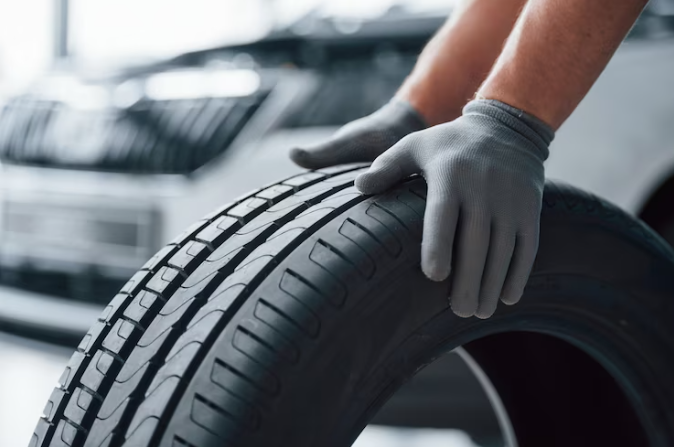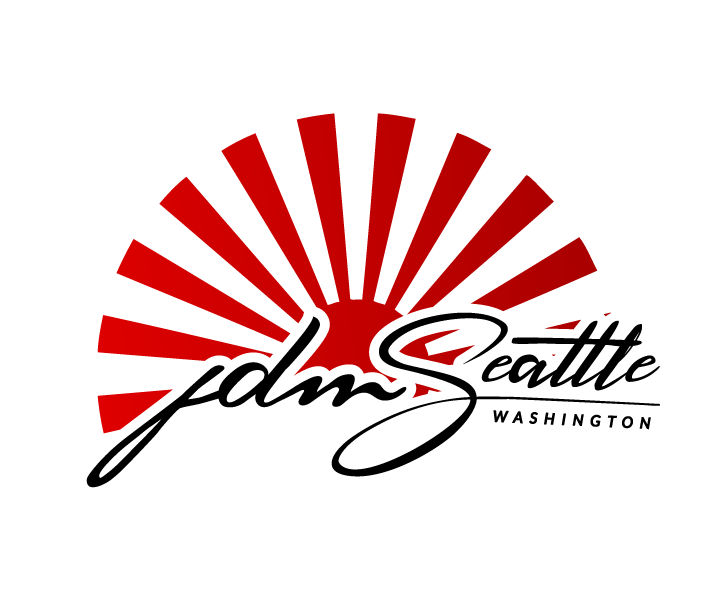
Signs You Need to Change Your Car Wheels
The wheels of your car play a vital role in ensuring a safe and smooth driving experience.
Over time, wear and tear can take a toll on your wheels, affecting their performance and compromising your safety on the road. It's important to be aware of the signs that indicate a need for wheel replacement.
Excessive Wear
One of the most apparent signs that your wheels need to be replaced is excessive wear. Inspect your wheels regularly for any signs of uneven tread wear, bald spots, or cupping. If you notice these signs, it's a clear indication that your wheels have worn down and need immediate replacement.
Vibrations and Shaking
If you experience vibrations or shaking in your steering wheel or throughout the vehicle while driving, it could be a sign of wheel-related issues.
Damaged or imbalanced wheels can cause these vibrations, indicating the need for wheel replacement.
Pothole or Impact Damage
Hitting potholes or encountering other significant impacts on the road can cause damage to your wheels. Inspect your wheels for visible cracks, bends, or dents.
Even minor damage can compromise the structural integrity of the wheels, leading to potential safety risks. In such cases, it's best to replace the damaged wheels promptly.
Leaking Air
If you find yourself frequently dealing with deflated tires, it could be due to damaged wheels.
Cracks or corrosion on the wheel rims can cause air leakage, leading to consistent tire pressure issues. If you're constantly inflating your tires or notice a visible air leak, it's time to consider replacing your wheels.
Wheel Misalignment
Misaligned wheels can cause uneven tire wear, poor handling, and decreased fuel efficiency. If you notice your car pulling to one side while driving or if the steering wheel is off-center, it could be a sign of wheel misalignment.
In such cases, a wheel alignment check is necessary, and wheel replacement may be required if the misalignment is severe.
Age and Mileage
Even if your wheels appear to be in good condition, it's important to consider their age and mileage. They endure constant stress and exposure to various elements, and over time, they can weaken.
If your wheels are significantly old or have covered a high mileage, it's advisable to have them inspected by a professional to assess their condition and determine if replacement is necessary.
Corrosion and Rust
Wheels are susceptible to corrosion and rust, especially in regions with harsh weather conditions or high humidity. Corrosion weakens the structural integrity of the wheels, compromising their performance and safety. If you notice extensive corrosion or rust on your wheels, it's crucial to replace them to ensure optimal performance and safety.
When it comes to your safety on the road, the condition of your car's wheels is paramount. If you notice any of these signs indicating potential wheel issues, it's best to consult a professional mechanic or visit a reputable auto service center. They can assess the condition of your wheels and advise you on the appropriate course of action, which may include wheel replacement.
Remember, maintaining well-functioning wheels is not just crucial for your safety but also for the overall performance and longevity of your vehicle.

